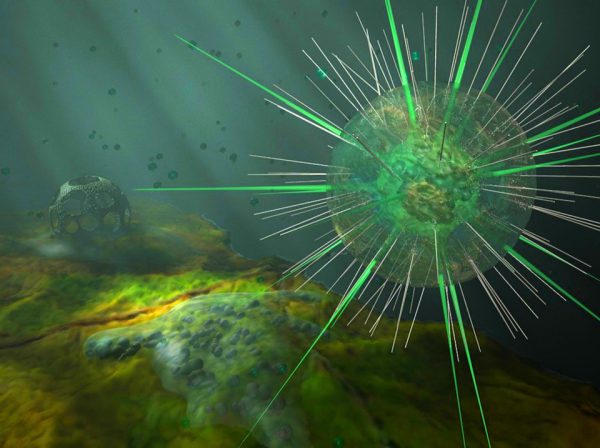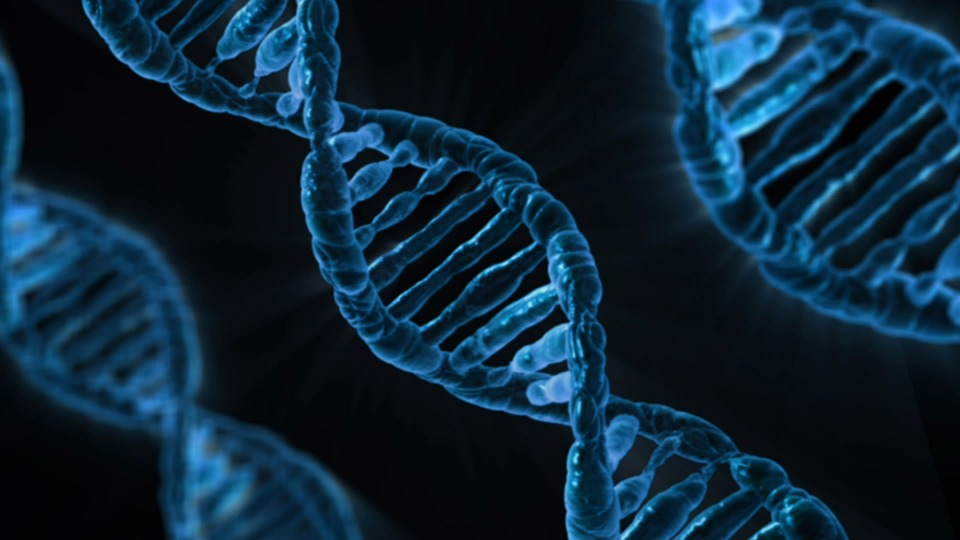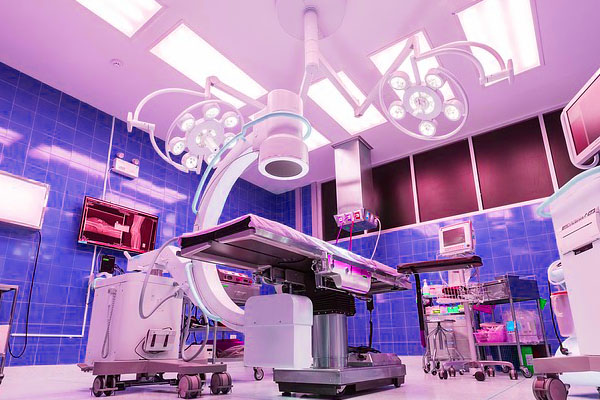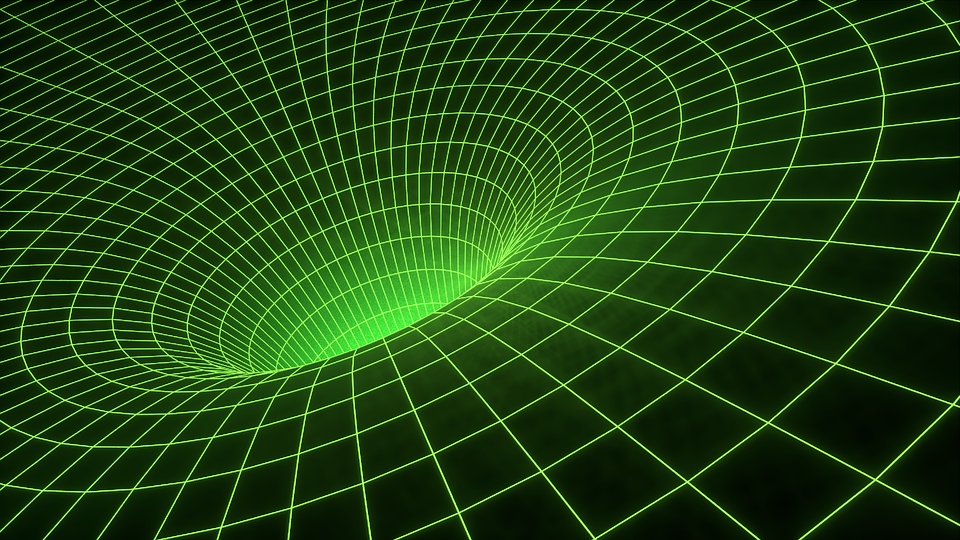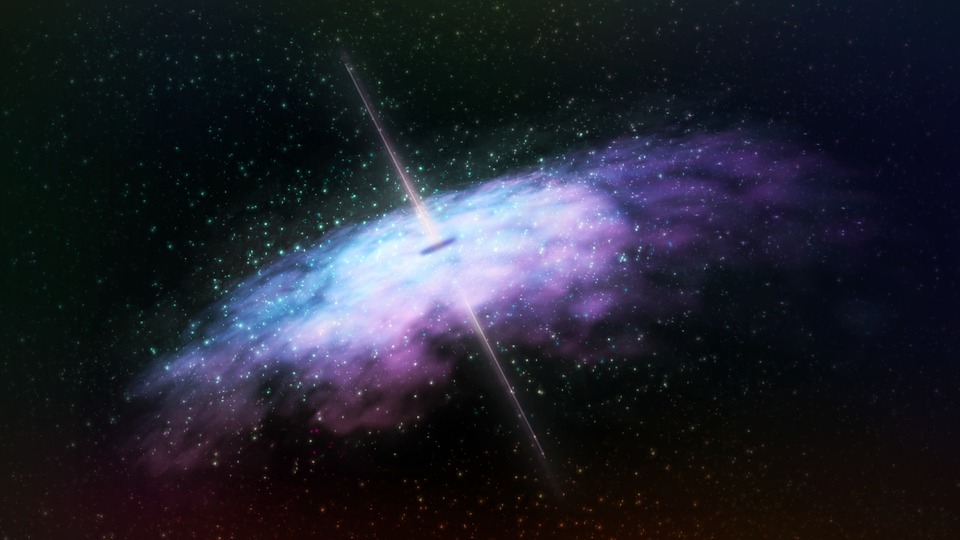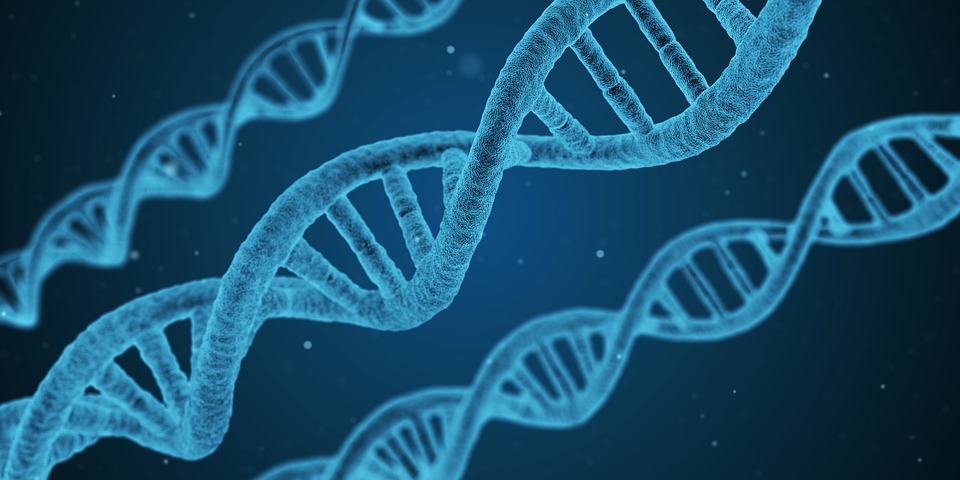Science
SCIENCE: CRISPR Is “Not As Safe As We Thought”
Like a molecular ninja, the genome-editing tool CRISPR-Cas9 slices through ultraspecific segments of DNA to cut out unwanted bits of genetic code. It’s a precise and promising method of genetic editing that’s widely used in scientific research. And scientists hope it could one day be used to selectively remove genes that result in medical problems such as HIV, sickle cell disease and cancer. Unfortunately, a new study published today (July 16) in the journal Nature Biotechnology suggests that this day may be further off than expected — and that CRISPR’s cellular swordsmanship may result in much more collateral damage than … Read more
Sophia, the First Robot Citizen
In a video that’s as unsettling as it is awe-inspiring, Sophia — the world’s first robot citizen — breaks down everything from gender to ethical robot design. Sophia spoke last month at a festival of the future called Brain Bar in Budapest, Hungary. Since Sophia was activated in April 2015, she has appeared publicly to speak about women’s rights issues, her own citizenship and other topics. The android made big news in October 2017, when she was granted citizenship in Saudi Arabia at the tech summit Future Investment Initiative (FII). And more recently, Sophia spoke at Brain Bar, which describes … Read more
When Books Kill
If you plan on doing lots of summer reading this year, be sure to keep the safety basics in mind: Always keep your page-turning fingers hydrated; never enter an unfamiliar fictional world without a compass; and — most important — watch out for poisonous books. Odd as it may sound, works on paper can actually be toxic — even deadly — if they’re colored with the wrong pigments. A team of researchers at the University of Southern Denmark (SDU) recently rediscovered this peculiar bane of bibliophiles when they pulled three Renaissance-era manuscripts from the school library’s rare-book collection, put them … Read more
SCIENCE: Surgery in Space Will Be Messy – Live Science
There’s already enough to worry about when planning a one-way trip to Mars. Did you pack enough sunblock to deflect the deadly cosmic radiation? Will there be enough water there? What if your assigned procreation partner doesn’t like you? Now, scientists writing in the British Journal of Surgery have provided one more thing to fear: floating blobs of infectious bodily fluids. According to the authors of a new paper published last week (June 19), runaway blood, urine and fecal matter are just some of myriad possible complications of space surgery that likely await future astronauts. In a review of studies … Read more
SPACE: Signs of Life
Enceladus – NASA When it comes to looking for alien life, scientists mostly focus on where there is water. Now researchers suggest that looking at “bioessential” elements such as phosphorus and molybdenum could help judge a world’s potential for life. There is life virtually wherever there is water on Earth, from clouds high above the surface to the deepest layer of Earth’s crust. As such, the search for life outside Earth typically concentrates on worlds that are “habitable,” possessing temperatures conducive to hosting liquid water on its surface. For example, although the surface of Venus is currently hot enough to … Read more
FOR WRITERS: Designer Babies
FOR WRITERS Today’s writer topic comes from QSFer Aidee Ladnier: We’ve all heard the scare tactics of politicians warning of the dangers of designer babies, but genetically modified humans are literally due to be born in the next decade. Medical science has made our lives longer and healthier. But what if scientists modify those things that make us fundamentally who we are? Why is it okay to make sure a child is not born with a genetic disease that will kill them prematurely (like cystic fibrosis) but not okay to give an child a higher IQ which would give it … Read more
SPACE: Are Black Holes Actually Colliding Wormholes?
When two wormholes collide, they could produce ripples in space-time that ricochet off themselves. Future instruments could detect these gravitational “echoes,” providing evidence that these hypothetical tunnels through space-time actually exist, a new paper suggests. The Laser Interferometer Gravitational-Wave Observatory (LIGO) has already detected space-time ripples, called gravitational waves, emanating from merging black holes — discoveries that led to the Nobel Prize in 2017. But while LIGO’s detection was just one of many observations supporting the existence of black holes, these exotic objects still pose theoretical problems. For instance, they seem to be inconsistent with the laws of quantum mechanics. … Read more
SCIENCE: Stephen Hawking’s Family Will Beam His Voice Toward a Black Hole
Stephen Hawking’s family plans to broadcast a recording of his voice toward a black hole while his ashes are interred at Westminster Abbey, according to a report in the Telegraph. Hawking’s most important work was on the structure of black holes. The famous physicist showed in 1974 that, contrary to popular belief at the time, black holes do in fact emit radiation. So it seems appropriate that a bit of radiation associated with Einstein will make its way back into a black hole. [Stephen Hawking: A Physics Icon Remembered in Photos] His daughter, Lucy Hawking, told the British press in … Read more
SCIENCE: Storing Data in DNA
Government intelligence agencies have a plan to build computers that store information inside DNA and other organic molecules. Intelligence Advanced Research Projects Activity (IARPA), a group within the Office of the Director of National Intelligence that develops technologies for U.S. intelligence services, announced plans to develop “tabletop”-sized machines that can store and retrieve data from large batches of polymers — a term that refers to a wide variety of long, stringlike molecules. Polymers can store data in the sequence of individual atoms or groups of atoms. The project, which was reported by Nextgov, is an attempt to solve a basic … Read more



